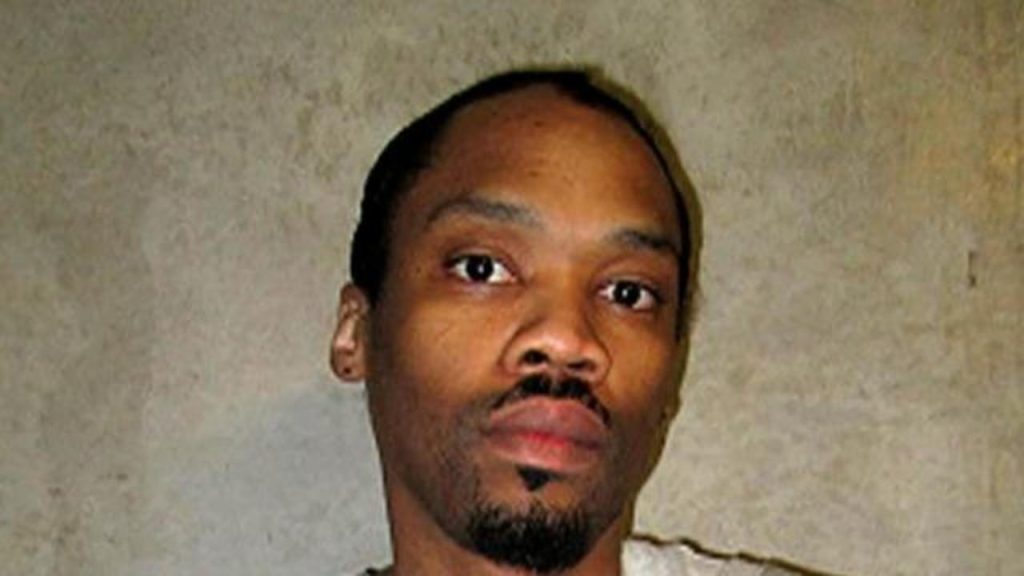The recent execution of Michael Dewayne Smith in Oklahoma reignites debates surrounding capital punishment, justice, and the ethical implications of state-sanctioned death. Smith, convicted of the brutal murders of Janet Moore and Sharath Pulluru over two decades ago, faced his fate on Thursday, marking Oklahoma’s first execution of the year. As the nation grapples with the moral complexities of the death penalty, this article delves into the circumstances of Smith’s case, the controversies surrounding capital punishment protocols, and the broader implications for society.
Understanding the Case:
Michael Dewayne Smith’s execution comes after years of legal proceedings following his convictions for the murders of Janet Moore and Sharath Pulluru in 2002. The killings, carried out separately, shocked the community and left families devastated by senseless violence. Smith’s criminal history, including a prior killing, underscored the severity of his actions and the tragic consequences for his victims and their loved ones.
Controversies Surrounding Capital Punishment Protocols:
Oklahoma’s decision to resume executions in 2021 sparked controversy amidst concerns over past botched executions and the adequacy of the state’s lethal injection protocols. Critics argue that flaws in the execution process, such as inadequate training of personnel and the sourcing of lethal injection drugs, raise ethical questions about the administration of justice and the risk of cruel and unusual punishment. Smith’s execution, while seemingly swift, reignites debates about the reliability and humanity of capital punishment procedures.
Reflections on Justice and Closure:
The execution of Michael Dewayne Smith prompts reflection on the concepts of justice and closure for the victims’ families and society at large. While some view capital punishment as a form of retribution and closure for the families of victims, others question its efficacy in deterring crime and promoting healing. Moreover, concerns about the disproportionate impact of the death penalty on marginalized communities and the potential for wrongful convictions raise fundamental questions about the fairness and equity of the criminal justice system.
Impact on Victims’ Families and Communities:
The execution of Smith undoubtedly evokes a range of emotions for the families and communities affected by the tragic loss of Janet Moore and Sharath Pulluru. While some may find solace in the notion of justice being served, others may grapple with the enduring pain of their loved ones’ untimely deaths. Additionally, the execution serves as a stark reminder of the irreversible nature of capital punishment and its profound impact on all those touched by violence.
Broader Societal Implications:
Smith’s execution invites broader societal conversations about the role of the death penalty in modern justice systems and its alignment with evolving ethical norms. As public opinion on capital punishment shifts and calls for criminal justice reform gain momentum, policymakers and citizens alike must confront the moral and practical implications of state-sanctioned executions. From considerations of human dignity to questions of racial and socioeconomic disparities, the case of Michael Dewayne Smith underscores the complexities of navigating justice in a diverse and evolving society.
The execution of Michael Dewayne Smith in Oklahoma serves as a sobering reminder of the enduring controversies surrounding capital punishment in America. As society grapples with questions of morality, efficacy, and fairness, the case prompts reflection on the values that underpin our criminal justice system. Moving forward, it is imperative that we engage in informed and compassionate dialogue to address the complexities of crime, punishment, and the pursuit of justice in a manner that upholds the dignity and rights of all individuals involved.
